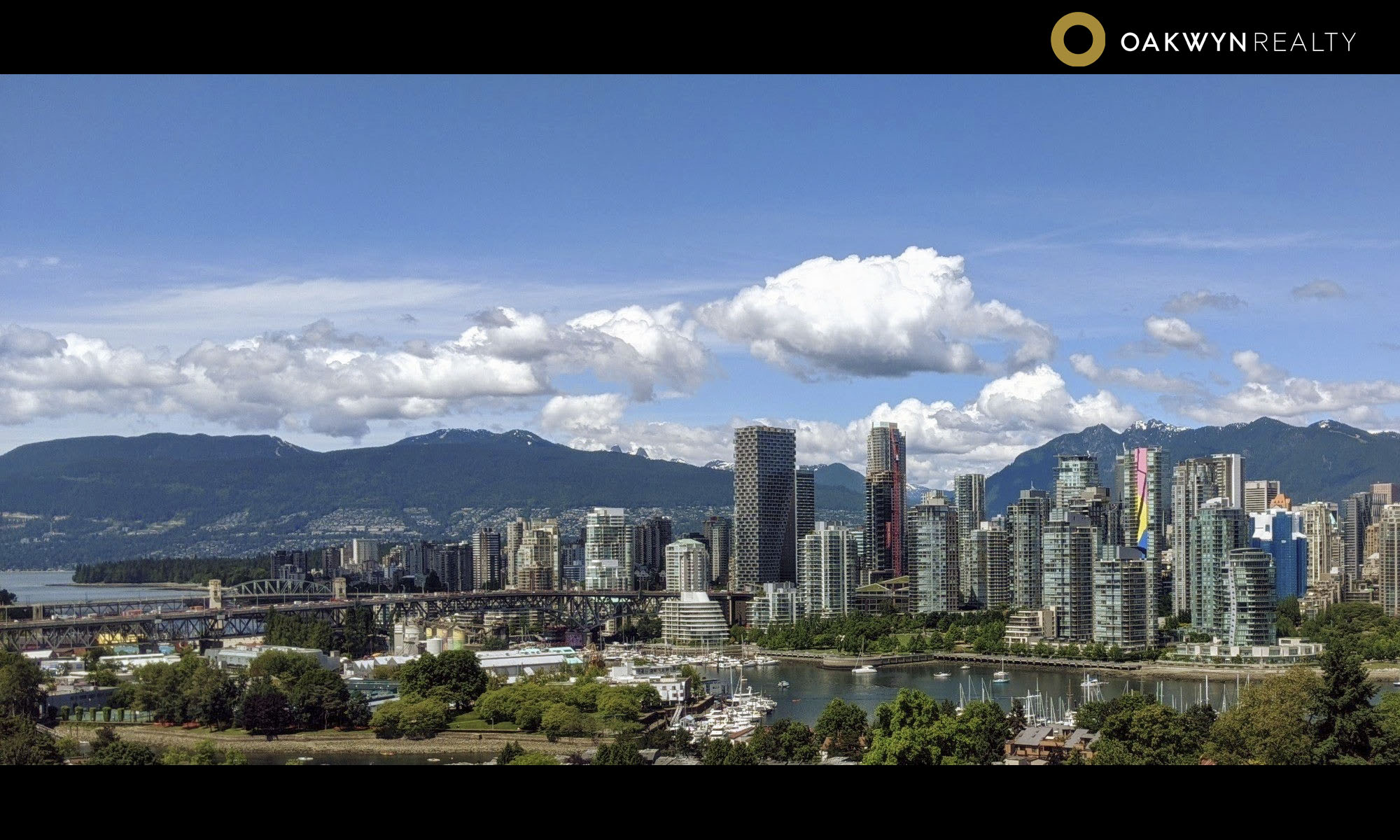The Real Estate Board of Greater Vancouver released its monthly statistics package today with the following numbers:
- May 2018 sales were 19% below the 10-year May sales average
- May 2018 sales increased 9.8% from sales numbers in April 2018
- May 2018 total home listings increased 38% from May 2017
- May 2018 total home listings increased 15% from April 2018
- Total number of home listings (homes available for sale) last month was 17% below the 10-year May average
Even though May’s sales number were below the 10-year May average, it increased almost 10% from April of this year.
Although home inventory increased 38% from the same month last year, it was still 17% below the 10-year May average.
Phil Moore, REBGV president said “The selection of homes for sale in Metro Vancouver has risen to the highest levels we’ve seen in the last two years, yet supply is still below our long-term historical averages.”
Read full article by clicking on the link below:
The following table shows the sales-to-active ratios for May 2018 vs April 2018:
 For detached homes, the market is balanced with supply and demand. But for condos and townhomes, the market still remained in the sellers’ favor.
For detached homes, the market is balanced with supply and demand. But for condos and townhomes, the market still remained in the sellers’ favor.
Although the ratios for condos and townhomes were declining, analysts say home prices often experience upward pressure when it surpasses 20% per cent over several months. Maybe we will see a slowing down of home price increase and if the ratio kept declining, maybe we’ll see a price dip if the ratio dropped below 20%.
As we can see from the 3-year graphs below, although the sales to active ratios had dippped, the price kept increasing as long as the ratio remained above 20%. We saw the ratio dropped dramatically in the later half of 2016 and the price reflected the extended decline.
Sales to Active Ratio for all property types in Greater Vancouver for the past 3 years:

MLS Home Price Index* for all property types in Greater Vancouver for the past 3 years:

Below is the MLS Home Price Index* for all property types in Greater Vancouver since 2005:

Source: Real Estate Board of Greater Vancouver
*For definition of MLS Home Price Index, please click here









 For detached homes, the market is balanced with supply and demand. But for condos and townhomes, the market still remained in the sellers’ favor.
For detached homes, the market is balanced with supply and demand. But for condos and townhomes, the market still remained in the sellers’ favor.



